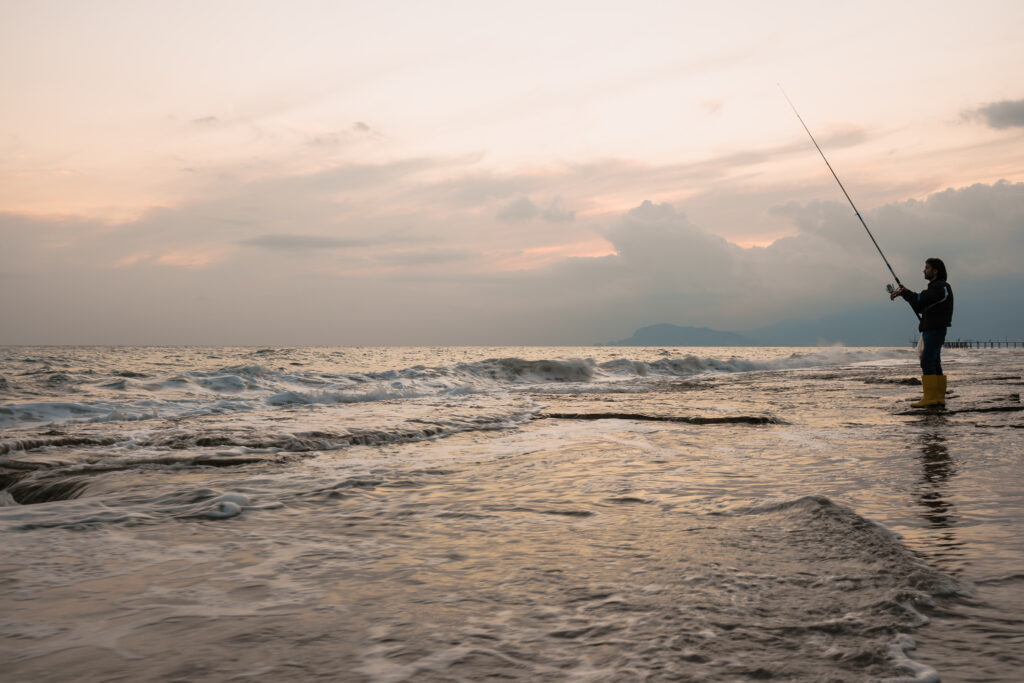Study Shines Light on Climate Change Adaptation in Northwest Mexican Fisheries

May 1, 2024 — In a study featured in the January 2024 issue of Global Environmental Change, researchers explore how oceanographic change and fish catch (landings) data in small-scale fisheries operating in Northwest Mexico provides new insights into the role of organizational structure in fishermen’s responses to climatic change.
Dr. Fiona Gladstone, assistant professor of human geography, played a pivotal role in shedding light on the intricate dynamics of the small-scale fisheries. The research, spearheaded by Timothy Frawley from the National Oceanic and Atmospheric Administration (NOAA) and researchers from Duke, Stanford, and the University of Maine, delved into how local fishers respond to the challenges posed by climate change.
“I was really fortunate to be invited to contribute to Tim’s paper given my development of a study from the same grant, with the same overarching goals, but different methods, a different unit of focus, and a separate time period,” stated Gladstone.
“I think one of the best aspects of this work is the rigor we achieved by reconciling diverse methods of analysis and sets of data in order to answer very closely related questions. To this Global Environmental Change paper, I contributed perspectives from my analysis of household-level decisions as well as vulnerability theory to interpret the findings. I also learned a lot about the dynamism of the fishing sector from the oceanographic change analysis and the network analysis of government landings data.”
Gladstone leads a related study under revision at Ecology and Society on how diverse self-governance institutions in Baja California Sur shape fisher households’ vulnerability and response to diverse external change drivers, including the COVID-19 pandemic and government austerity measures begun in 2019.
“Taken together, these multiple methods offer us a more nuanced picture of how self-governance forms influence fisher vulnerability and adaptation to economic and environmental shocks,” she concluded.